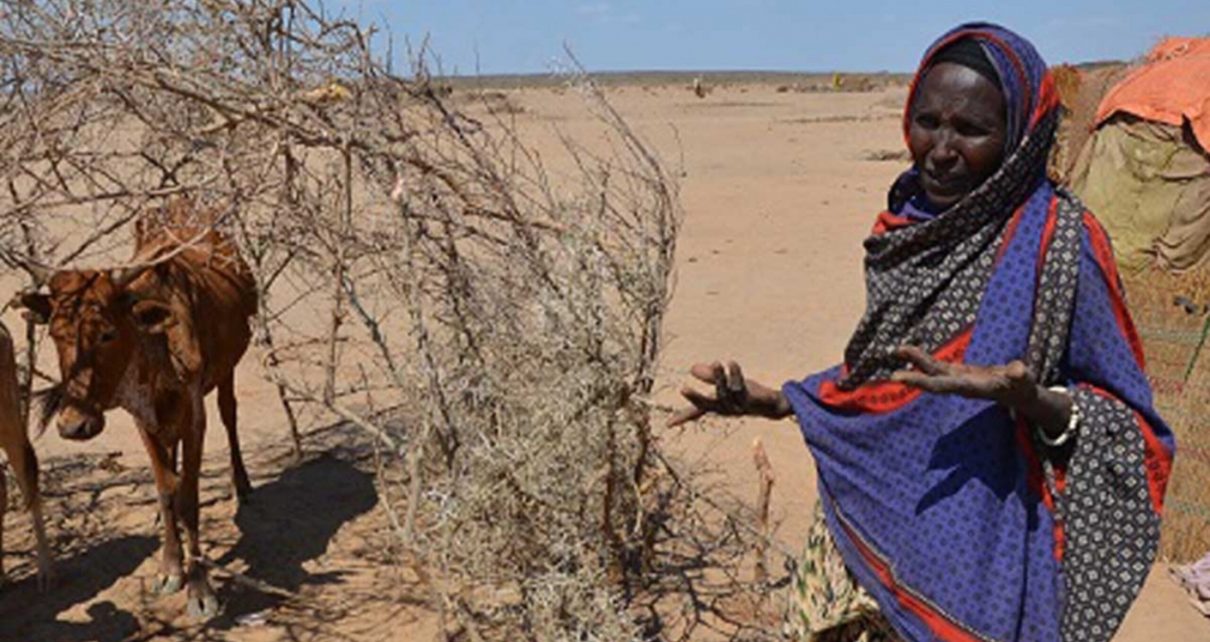Stephane Dujarric, UN spokesperson says 17 million people are being targeted for humanitarian assistance, amidst deteriorating levels of malnutrition and Ethiopia’s worst drought in 40 years.
“Ethiopia is facing a very difficult humanitarian situation to say the least,” He told journalists at UN Headquarters in New York on Wednesday.
He stated that over 24 million people have received humanitarian assistance in 2022, including food aid for more than 20 million, agriculture assistance as well as water, sanitation, and hygiene services for more than three million each.
Dujarric noted that: “parts of the country face a risk of flooding in the coming weeks and more than 1.7 million people are likely to be impacted, including more than 400,000 men, women and children at risk of displacement.”
Secretary-General, António Guterres said that he was “deeply shocked and saddened by the news of the resumption of hostilities in Ethiopia”.
The UN chief made a strong plea for the resumption of peace talks between the government and the Tigray People’s Liberation Front (TPLF) and called for immediate cessation of hostilities.
“Ethiopians, Tigrayans, Amharas, Oromos, Afars, have already suffered too much,” Guterres lamented.
The secretary-general also asked for the full assurance of humanitarian access to people in need and the reinstatement of public services.
War broke out in Tigray in November 2020 and extended into neighboring Afar and Amhara a year later.
In the positive aspect, the spokesperson pointed out that a second batch of 840 tonnes of fertilizer to support farmers in the planting season had arrived in Tigray.
He said the UN was “very concerned for the civilians in frontline areas and call on all parties to adhere to their obligations under international humanitarian law to ensure their protection”.
The UN official cited an example of the effect set off by the prolonged fight, making reference to an incident that morning, when Tigray Forces violently entered the World Food Programme (WFP) warehouse in Mekelle and made away with 12 full fuel tankers with 570,000 litres of fuel.
The fuel stocks were to be used exclusively for humanitarian purposes for the distribution of food, fertilizer and other emergency relief items.
“This loss of fuel will impact humanitarian operations supporting communities in Northern Ethiopia,” Dujarric said. “We condemn any looting or confiscation of humanitarian goods or humanitarian premises, and we call on all parties to uphold their obligations under international humanitarian law and to respect humanitarian personnel, activities, assets and goods



